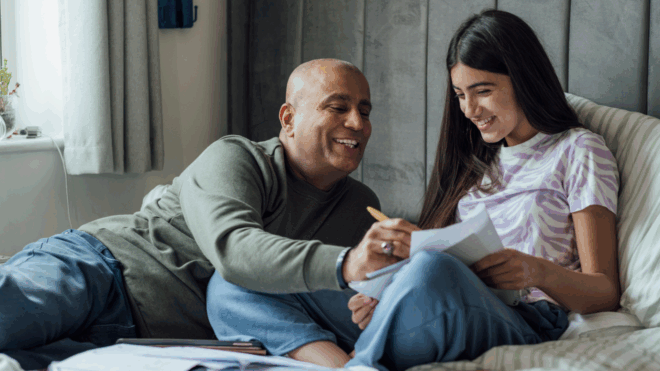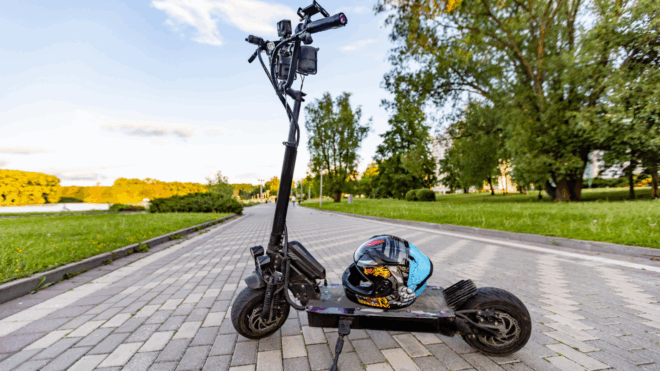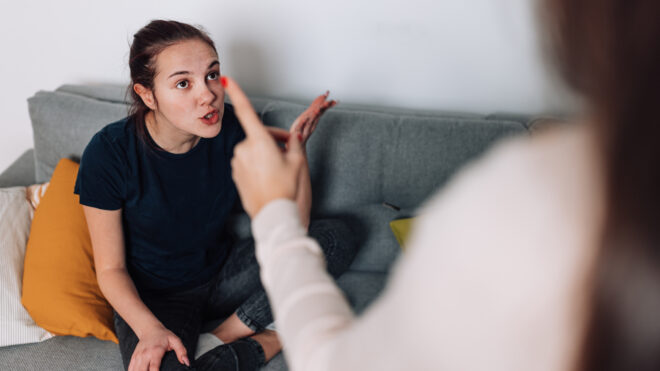If your doctor is like mine, your blood pressure and pee were monitored all through your pregnancy to be sure you weren’t preeclamptic. It’s one of those things, like our weight and the baby’s kicks, that we’re trained to keep an eye on. The general wisdom is that the risk ends with delivery, but as I found out, that’s not always true: preeclampsia can turn up after delivery, too. And when it’s missed, the mom is at much higher risk for seizures and death.
Do I have your attention? Good.
Preeclampsia, as you probably know, is a condition in which a pregnant woman’s blood pressure rises so high that she’s at imminent risk for seizure. “Eclampsia” means seizure; preeclampsia means you’re dangerously close to that state. Symptoms include weird headaches that won’t go away, blurred vision, and protein in the urine; you’re considered at-risk if you’re overweight or of “advanced maternal age,” but absolutely everyone’s vulnerable – I know women who are as healthy as a horse who ended up with it.
The good news is that if you’re getting good prenatal care, you’re going to be monitored for preeclampsia. The bad news is that you’re still at risk after you deliver – and most people don’t realize that.
According to Laney Poye of The Preeclampsia Foundation, preeclampsia affects five to eight percent of pregnancies, or one out of every twelve. “The effects can be as mild as some high blood pressure that requires monitoring, and as severe as the death of the mother and/or child,” she says. As for cases that occur after delivery, they're only 5.7% of preeclampsia cases. It's really rare. But when I went public with my case of pre-e after delivery, I immediately found 3 people who'd also had it.
But beyond these numbers, we just don’t know jack-squat about this frightening disease. Why do we get it? Dunno. It has to do with blood not flowing properly from the placenta to the fetus, but beyond that, who knows. Is there screening for it? Nope. Are there supplements that can prevent it? Not that have been scientifically proven, though many swear by magnesium and calcium.
In my case, my first pregnancy ended early and in an emergency situation, so my regular gynecologist asked to see me a couple weeks afterwards just so he could check in – and a routine blood-pressure check showed I was so close to stroke, he wouldn’t allow me to drive myself to the hospital. Toward the end of my second (full-term) pregnancy, my blood pressure was creeping up, but I never went fully preeclamptic. But I was spooked by my earlier experience, so I used my home blood-pressure cuff to monitor myself when I got home – and another scary spike sent me back into the hospital for a nightmarish two days of being hooked up to IVs while we scrambled for someone to care for our toddler. (My husband was required to stay with me in the hospital to take care of our newborn in case I had a seizure. Seriously. I mean, it was horrible.)
I told my tale to Laney, who gave a sympathetic chuckle and affirmed what I thought: it’s up to each of us to watch her own symptoms and advocate for our care. “Don’t take no or ‘you’ll be alright’ for an answer if you’re worried something is wrong,” she says. “Trust in that women’s intuition; it’s real.”
Bottom line: your best line of defense is to be aware of the signs and symptoms, take your own blood pressure, and holler like hell on your own behalf. Because as horrible as those nightmarish days in the hospital were for me, they sure beat dropping dead and leaving my two daughters without a mom. Nuff said?
Do you know someone who got pre-eclampsia after delivery? Tell us in the comments!
Image via Walgreens




